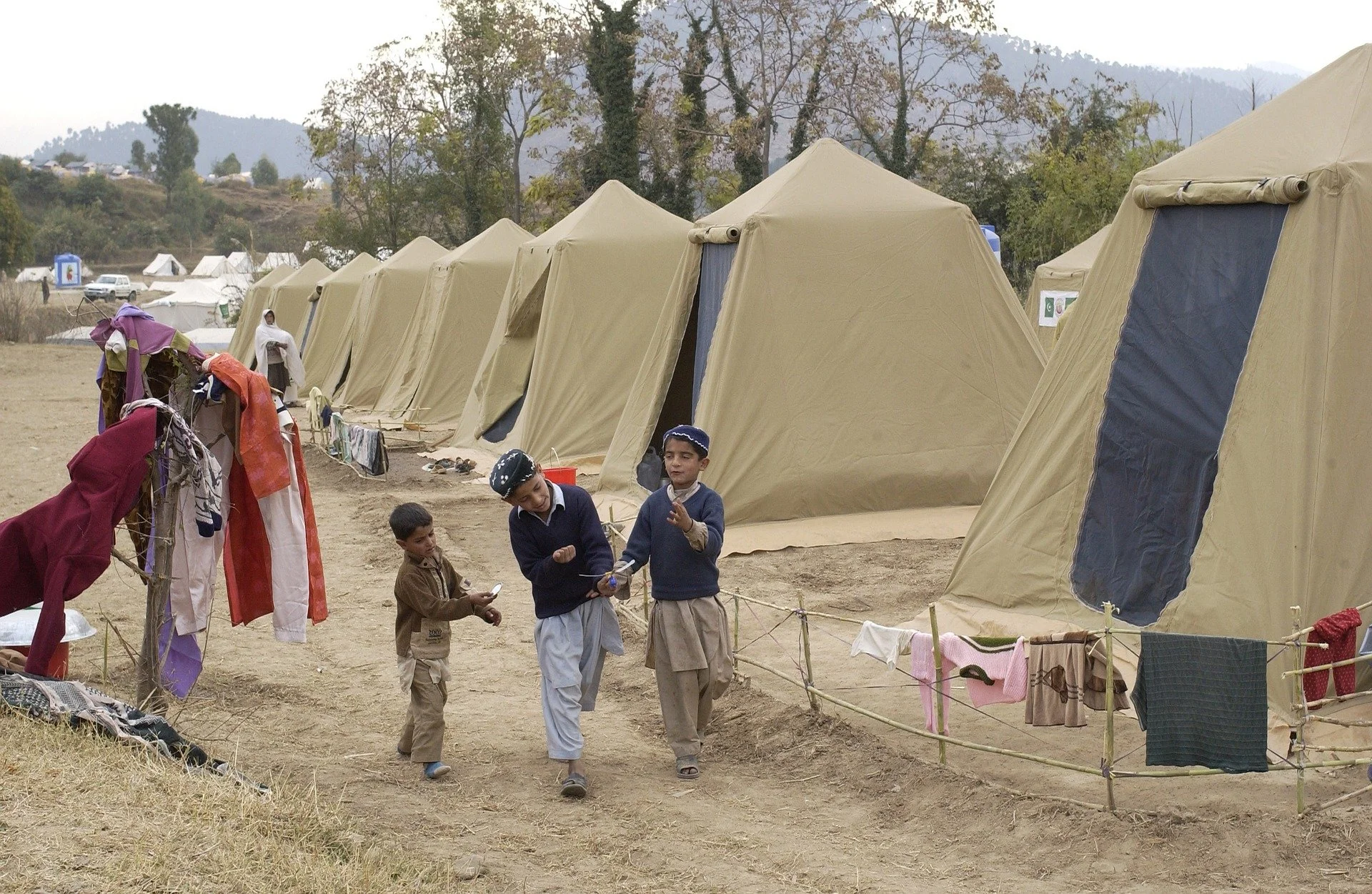How blockchain-based identification can help refugees and underserved communities
If you are reading this article, chances are you have some form of identification, such as a driver’s license, citizenship card, or birth certificate. However, many around the world, such as refugees, those from the global south, or individuals from rural and remote regions, lack proper identification. In fact, according to the World Bank, an estimated one billion people worldwide lack proof of identity.
Why is this important? Well, without proper identification, these individuals may be unable to access basic financial or governmental services, such as opening a bank account, receiving social service support, acquiring property, or even getting a mobile phone. This of course puts these individuals at a significant financial and social disadvantage, further trapping them in cycles of poverty.
Cryptocurrency and the decentralized finance (DeFi) movement have long been touted as a gamechanger for financial inclusion, by enabling underserved and unbanked populations to finally gain access to financial services. In addition to financial inclusion, blockchain can also provide real solutions for those lacking access to identification.
How can blockchain help with the global identification crisis?
Decentralized blockchain-based identification can be a powerful tool for the estimated one billion people around the world who lack access to basic identification. While it is possible to implement some form of decentralized identity without blockchain, there are many benefits that make blockchain a great fit for this use case.
Security and immutability
One of the key benefits of decentralized blockchain identity is that it is tamper-proof and immutable. This means that once an individual creates their digital identity, it cannot be altered or deleted by anyone else. This can be especially important for refugees and marginalized communities, who may not have access to traditional forms of identification and may be at risk of having their identities stolen or falsified. In fact, one of the biggest benefits of a blockchain identification system is the near-impossibility of being able to forge data which is verified on-chain and time-stamped.
All in all, blockchain provides a unique set of security features that make it a perfect fit for a decentralized identification system. These same features also lend well to other use cases including voting, the management of healthcare records, and supply chain management.
Access and versatility
Another benefit of a blockchain identity is that it is portable and accessible. Because blockchain technology is decentralized and based on a network of computers, individuals can access their digital identities from anywhere in the world with an internet connection. This can be especially useful for refugees and marginalized communities who may need to access services and resources in different locations, or who may transit through several countries on their path to resettlement.
A blockchain based identification system, in theory, could also transact an unlimited amount of assets through its distributed ledger. Individuals could use blockchain technology to store and share information about their education, employment history, medical records, land ownership, biometrics, and any other form of identification.
Benefits of blockchain identification for Refugees
When refugees are forced to flee their homes, they must often leave behind important documentation such as birth certificates, marriage licenses, passports, and ID cards. Unfortunately, it is unlikely that they will ever be able to retrieve these documents after fleeing. Blockchain identification provides these individuals with an opportunity to re-establish their identification in a way that is safe, accessible, and trustworthy.
These documents can then be used to access important services provided to refugees, or to submit a refugee claim at another country. Once they have settled, this same documentation could also then be used to help these individuals open bank accounts, apply for credits, or get an education.
In a paper by the World Economic Forum, they suggest a blockchain-based identification linked to biometrics, where refugees will be provided with an on-chain biometric ID and cryptographic wallet. This wallet would not only securely store their biometric ID, but also any other relevant meta-data such as time and location stamps, and any other documentation provided by the individual.
They explain that “On the refugee side, with a new official identity, the refugee is instantly and officially recognized by an asylum state” and “from the receiving state’s perspective, identifying refugees on arrival allows for better monitoring and data sharing as part of a multinational effort for coordinating humanitarian assistance.”
Conclusion – is blockchain-based identification truly a gamechanger?
Decentralized blockchain-based identification can be a powerful tool for helping refugees and traditionally marginalized communities. By providing a secure, portable, and accessible form of identification, blockchain technology can help individuals access essential services and resources while protecting their personal information.
To implement a widely utilized decentralized identity protocol, it will require global coordination and buy in from a number of key stakeholders including governments, civil society organizations, and perhaps even some corporations. It’s important for organizations and government to understand the potential of this technology and how it can be a factor in driving financial and social inclusion for traditionally marginalized and excluded populations.
Send a tip in ETH: cryptoaltruism.eth
Like what you’re reading? Consider contributing to Crypto Altruism so we can continue putting out great content that shines a light on the good being done in the crypto and blockchain community.
FOLLOW US:

